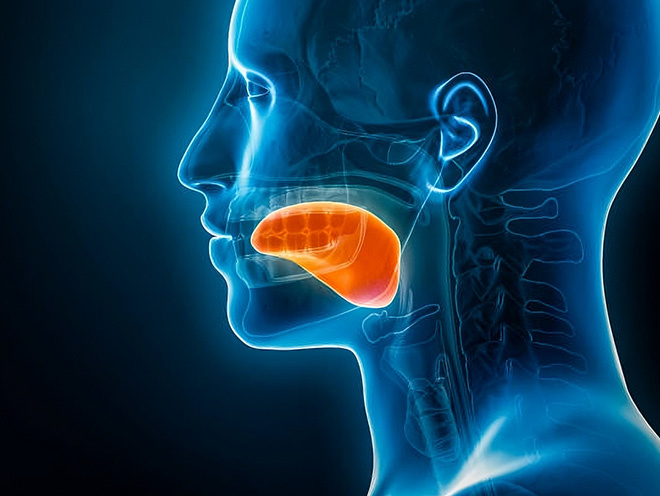Рак языка — наиболее распространенный рак полости рта. Чаще всего он встречается на краю языка, затем на кончике, спинке и корне языка, и часто бывает язвенным или инфильтративным.
Итак, можно ли вылечить рак языка на средней и поздней стадии? Минимально инвазивное лечение с небольшой травмой, небольшим количеством побочных эффектов и хорошей эффективностью может эффективно помочь пациентам сохранить ткани органов, избежать хирургической резекции и избежать боли традиционной радиотерапии и химиотерапии.
Заболеваемость раком языка
По статистике, заболеваемость раком языка составляет около 0,8–1,5% системных злокачественных опухолей, 5–7,8% злокачественных опухолей головы и шеи и 32,3–50,6% рака полости рта. Среди них мужчин больше, чем женщин, а средний возраст начала заболевания составляет около 60 лет.
Рак языка — наиболее распространенный рак полости рта, на него приходится 31–39% рака полости рта. С постепенным ростом заболеваемости в последние годы понимание причин и симптомов рака языка может помочь вам предотвратить и лечить рак языка на ранней стадии.
Причины рака языка:
1. Физические факторы: такие как местная травма (остаточные корни, остаточные коронки и острые гребни) и длительное трение о боковой край языка, что может вызвать длительные язвы и в дальнейшем перерасти в рак; плохая гигиена полости рта может вызвать хроническое воспаление языка, а длительная стимуляция хронического воспаления плюс механическое повреждение также могут стать фактором, способствующим развитию рака; радиация также является одним из физических факторов. Клинически можно наблюдать случаи рака языка после радиотерапии носоглоточной карциномы.
2. Химические факторы: связанный с курением и употреблением спиртных напитков никотин в табаке оказывает канцерогенное действие. Сам по себе алкоголь не является канцерогеном, но этанол может использоваться в качестве растворителя канцерогенов, побуждая канцерогены проникать в слизистую оболочку языка.
3. Биологические канцерогенные факторы: Некоторые отчеты об исследованиях показали, что некоторые типы вируса папилломы связаны с возникновением рака языка.
4. Другие факторы: восприимчивость организма, нарушения обмена веществ и т. д.
5. Предраковые поражения или поражения: Клинически некоторые виды рака языка имеют очевидные предраковые поражения или предраковые поражения сосуществуют.





